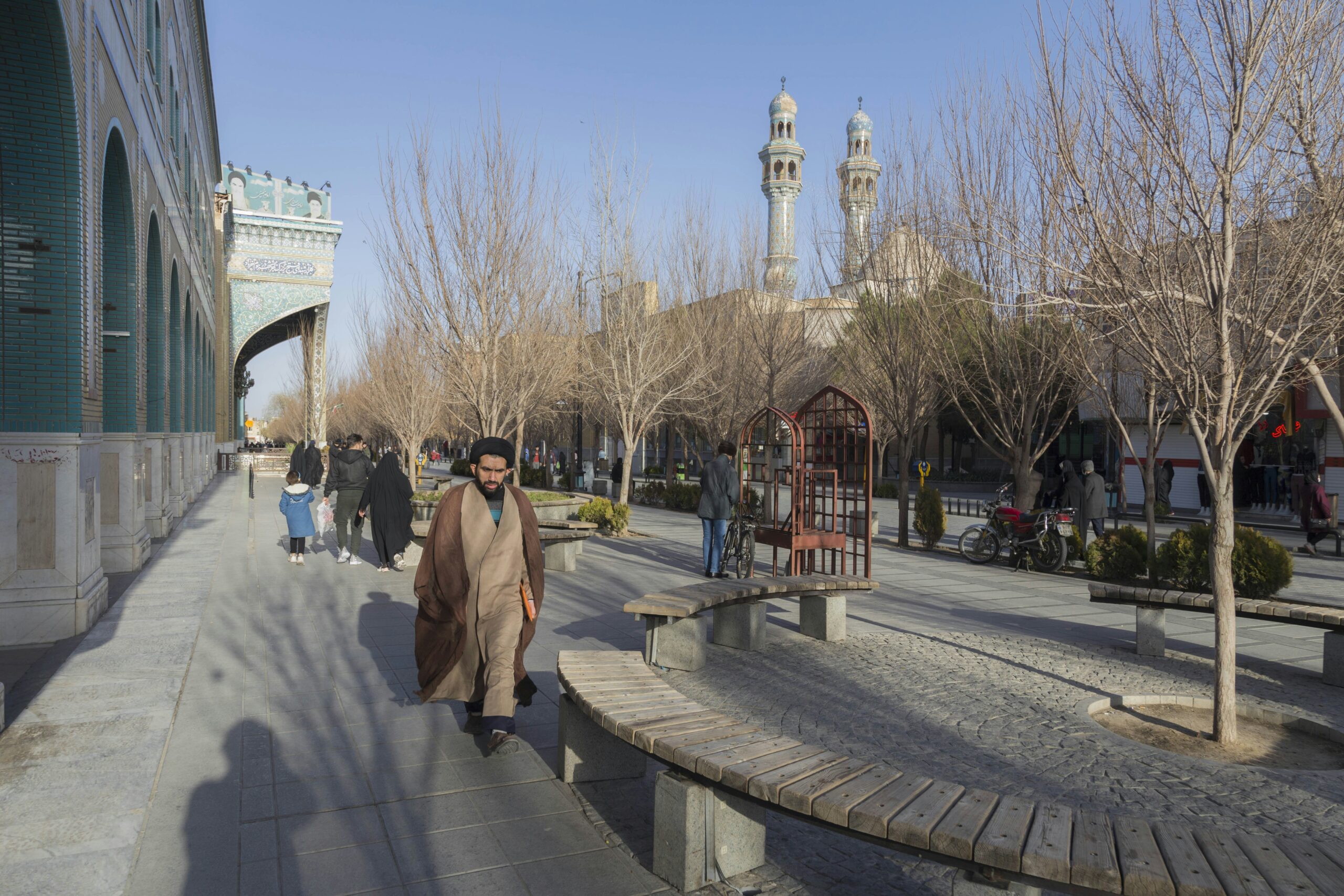
Four years following the tumultuous evacuation from Kabul, Afghan refugees in the United States continue to face a precarious existence, further complicated by the immigration policies of the Trump administration. As the anniversary of the Taliban’s takeover approaches, the sense of uncertainty intensifies for many, including Hanifa Girowal, a former human rights worker under the Afghan government.
Key Facts
- Approximately 180,000 Afghans currently reside in the U.S., many of whom were evacuated during the U.S. withdrawal in August 2021.
- Trump’s immigration policies have been described as hardline, affecting various immigrant communities and increasing fears of deportation among Afghan refugees.
- Legal pathways such as Special Immigrant Visas (SIVs) and the Priority 1 and Priority 2 programs offer some hope, but also highlight the bureaucratic challenges and delays that exacerbate the uncertainty.
Background
Since her arrival in the U.S., Girowal has been caught in a legal limbo, striving for a more stable status amidst shifting political landscapes. Her story reflects the broader experience of many Afghans who find themselves reliving past traumas, compounded by the fear of an uncertain future under current U.S. immigration policies.
Trump’s administration has enacted several measures that have directly impacted Afghans in the U.S., including ending Temporary Protected Status (TPS) for Afghans and adding Afghanistan to a travel ban list. These actions contradict the administration’s claims of an improved security situation in Afghanistan, highlighting a policy approach that varies according to political convenience.
Official Reactions
Advocates and policy experts like Adam Bates from the International Refugee Assistance Programme have criticized the inconsistency and the precarious nature of the legal protections offered to Afghan refugees in the U.S. Bates emphasized the importance of establishing more permanent legal pathways for Afghans, noting the potential for these issues to be exacerbated under Trump’s policies.
What’s Next
The future for Afghan refugees in the U.S. remains uncertain. With some legal statuses set to expire, and with ongoing legislative challenges, many are at risk of falling into undocumented status, which could lead to deportation. Advocacy groups continue to push for legislation that would provide clearer pathways to citizenship for Afghan refugees.
As international dynamics shift, with countries like Russia recognizing the Taliban and others increasing deportations of Afghan nationals, the global priority for Afghan refugees seems to be diminishing. Yet, within the Afghan community in the U.S., there remains a resilient hope for a more stable future, despite the overwhelming challenges they face.


